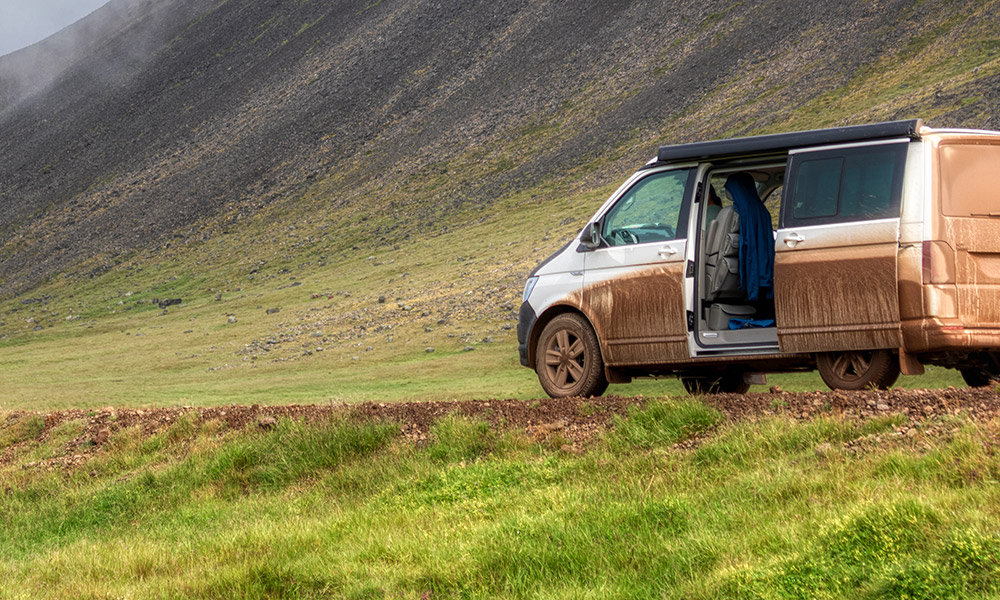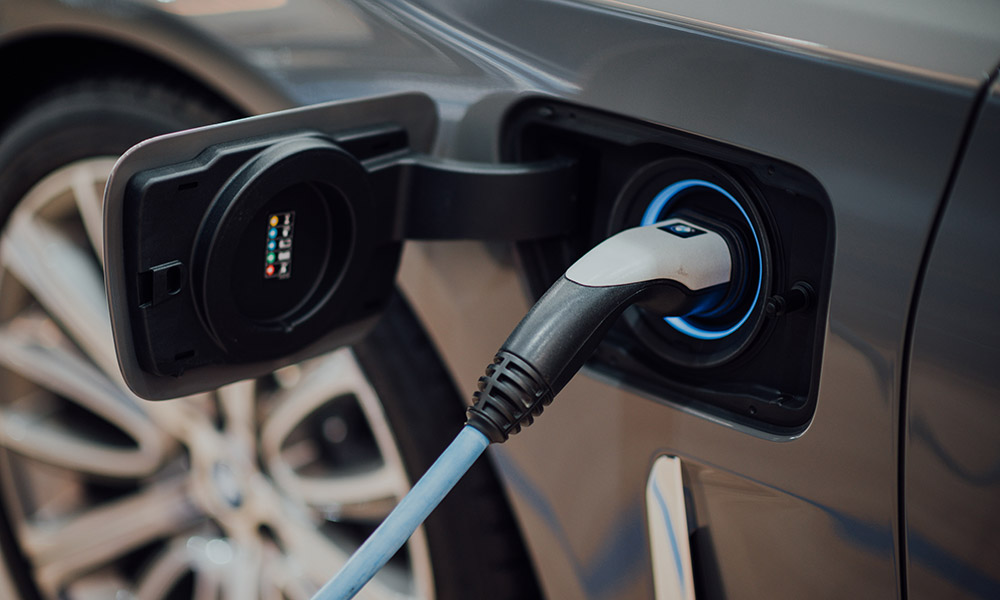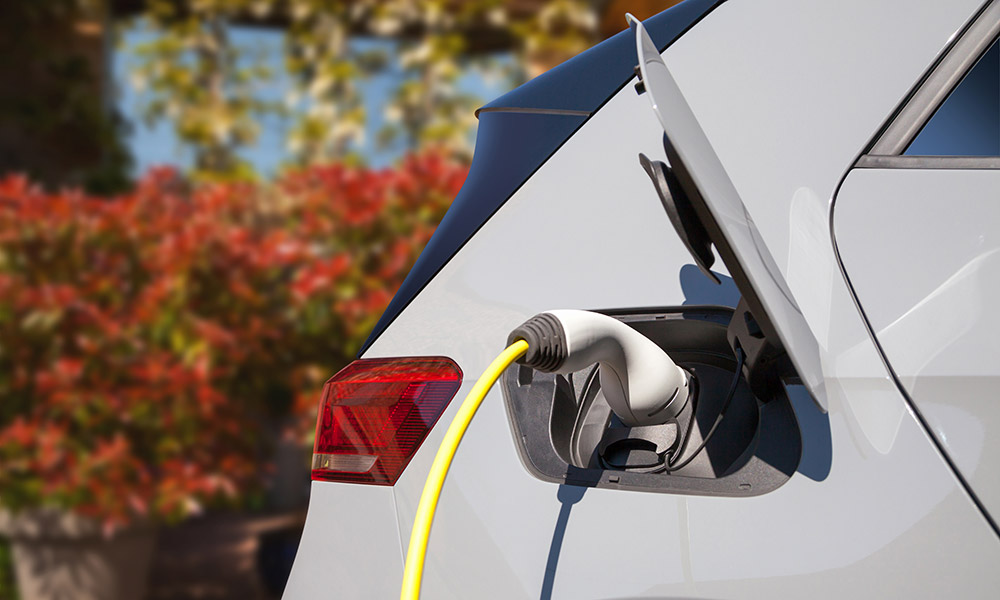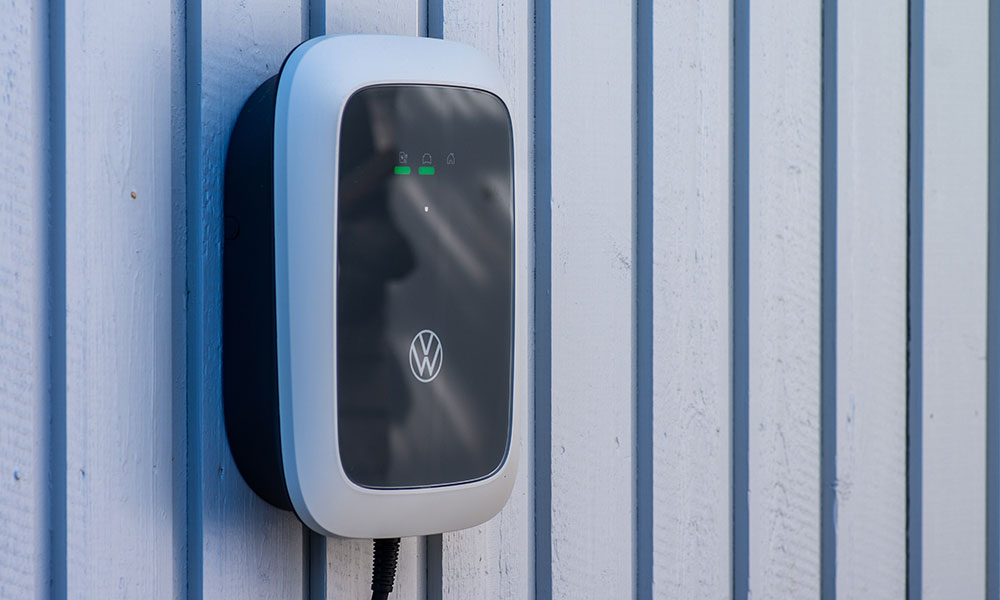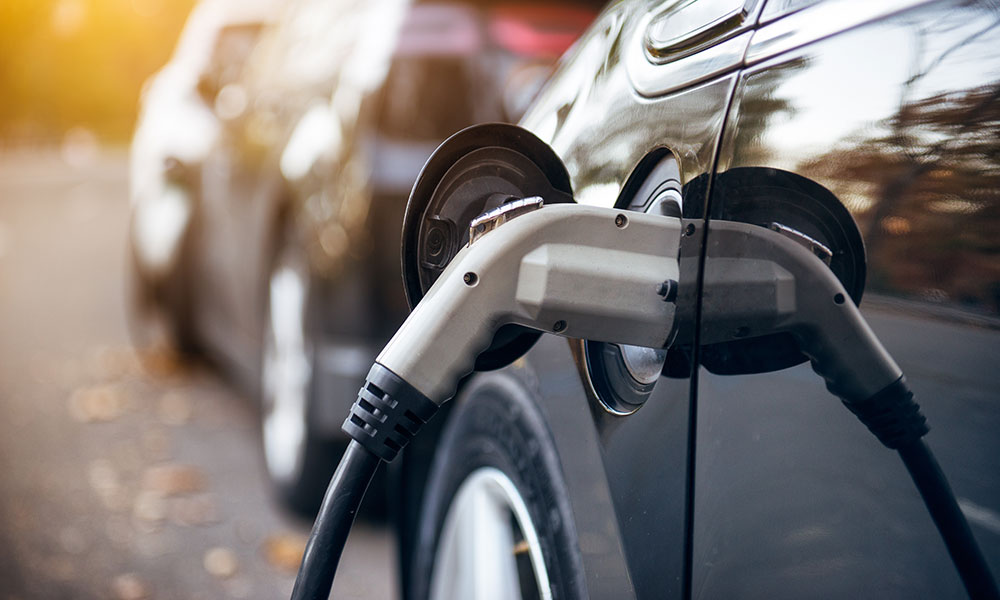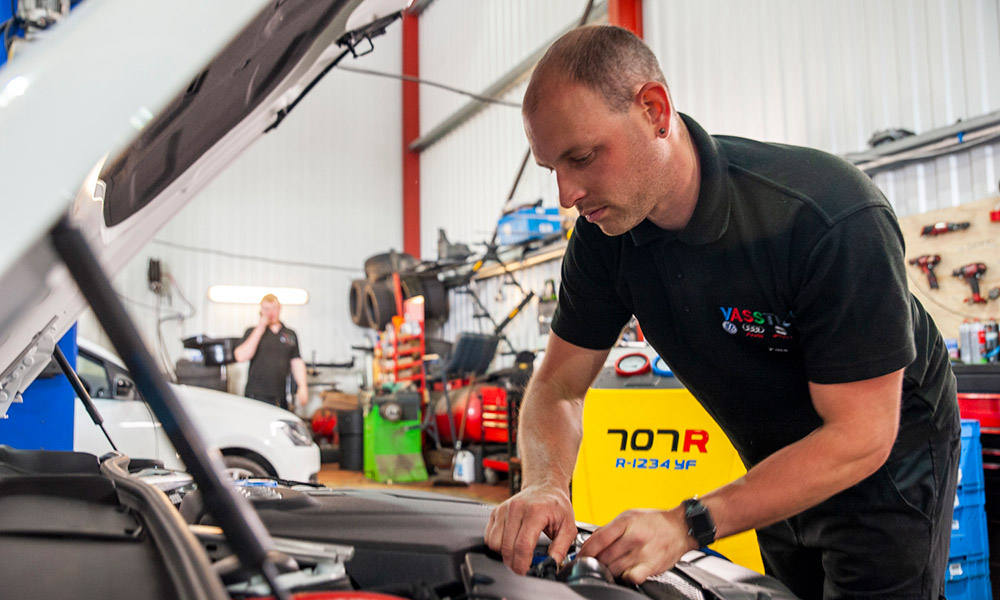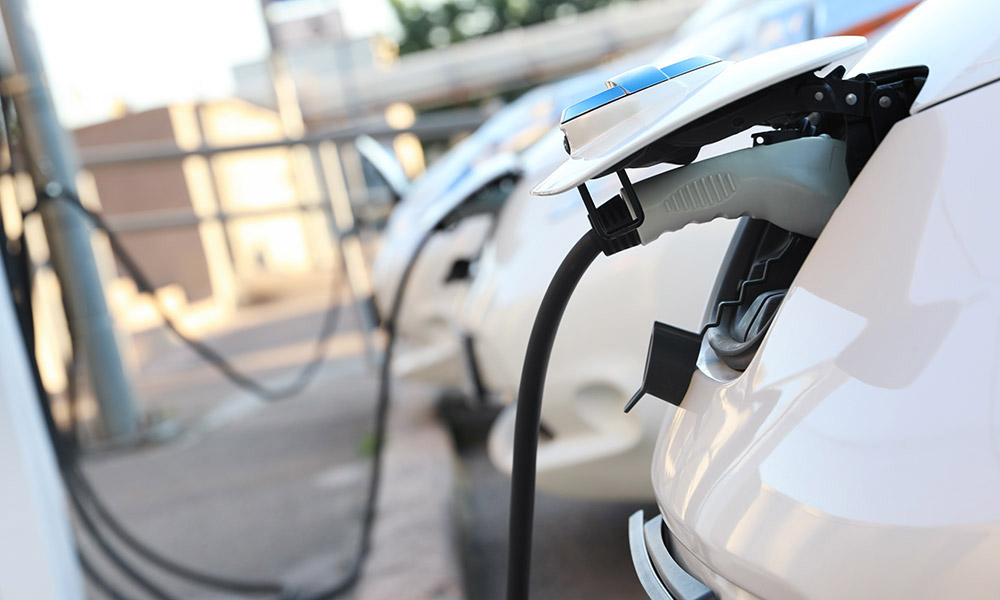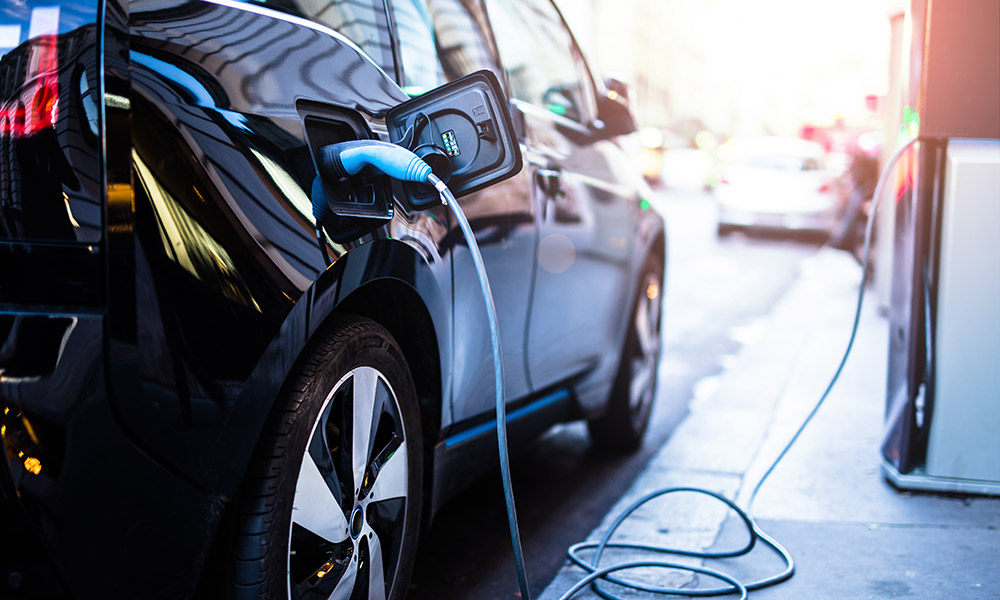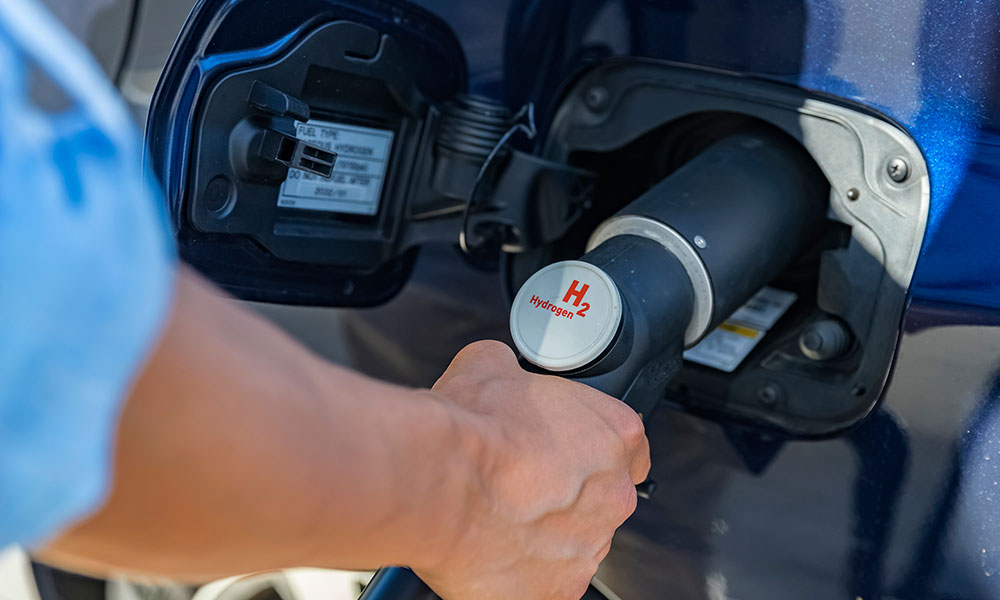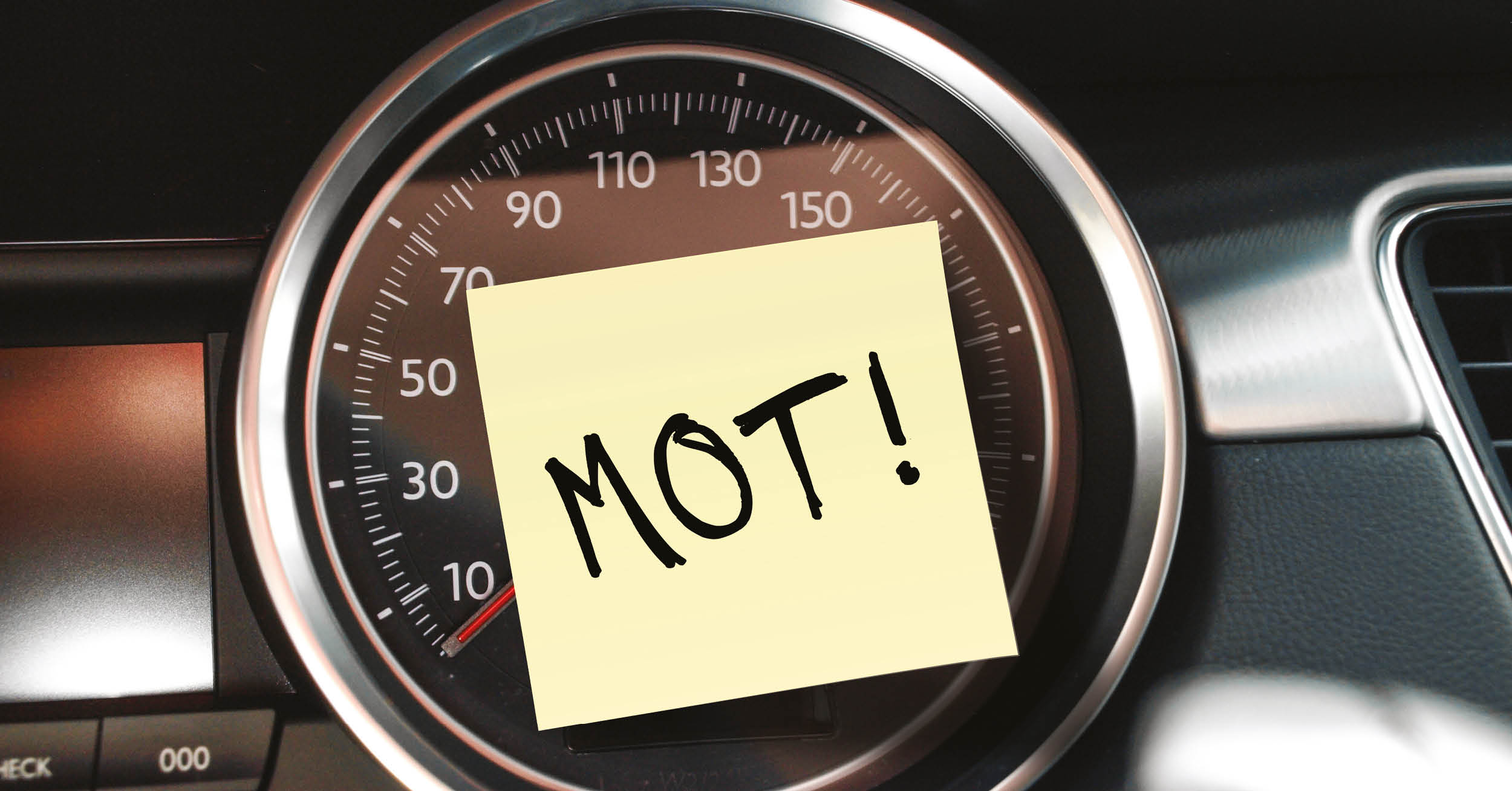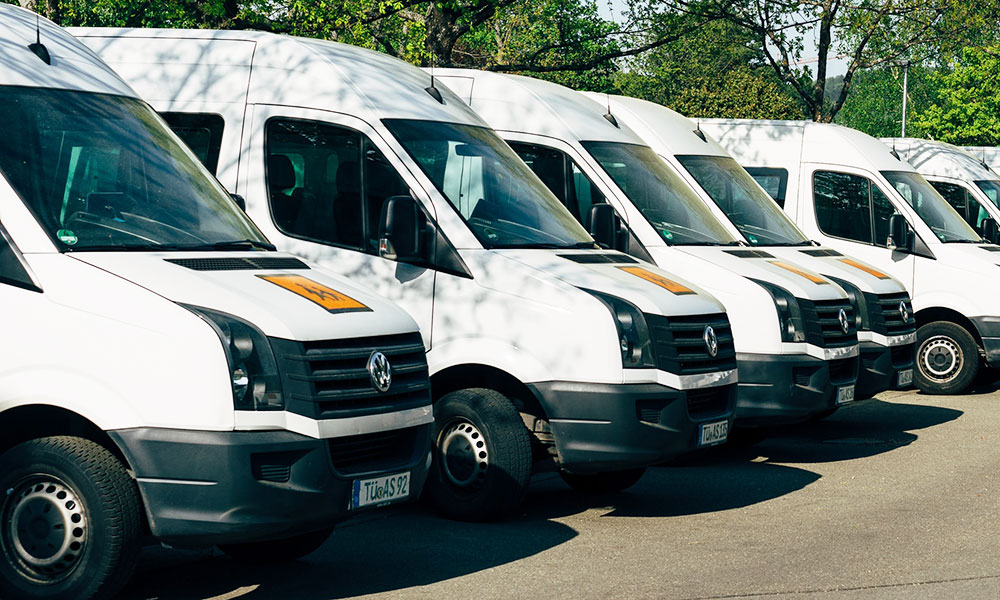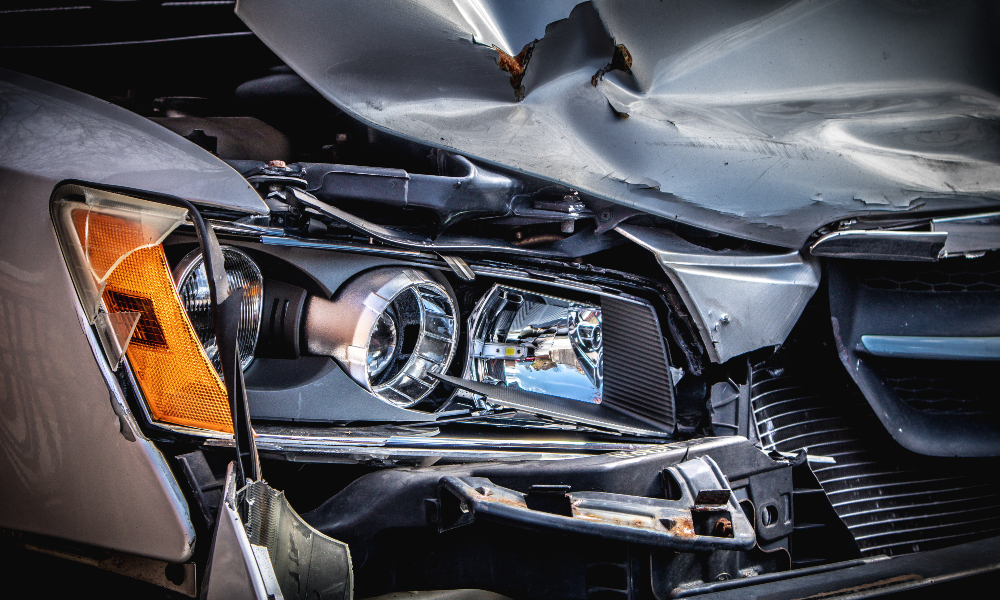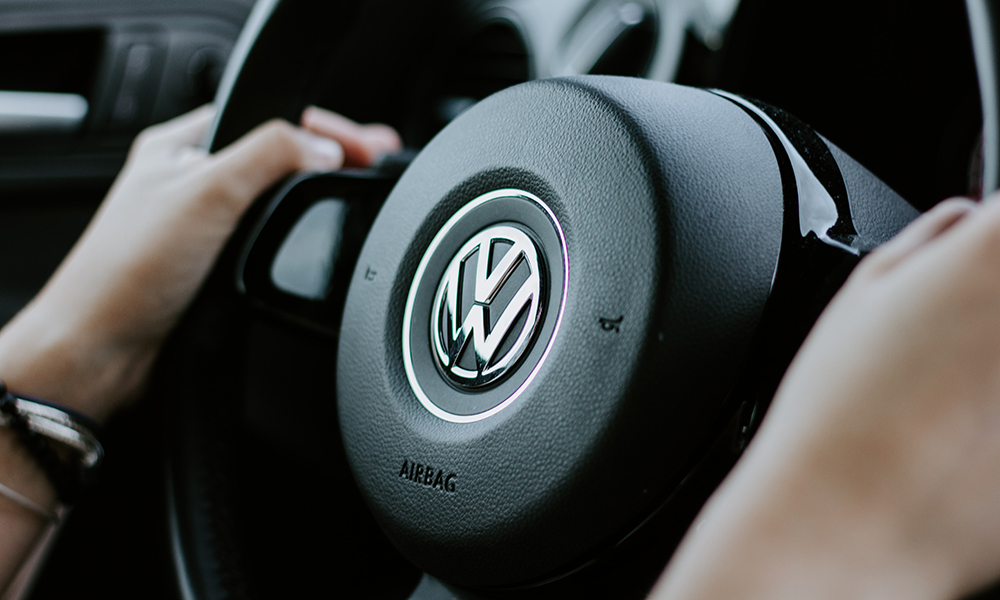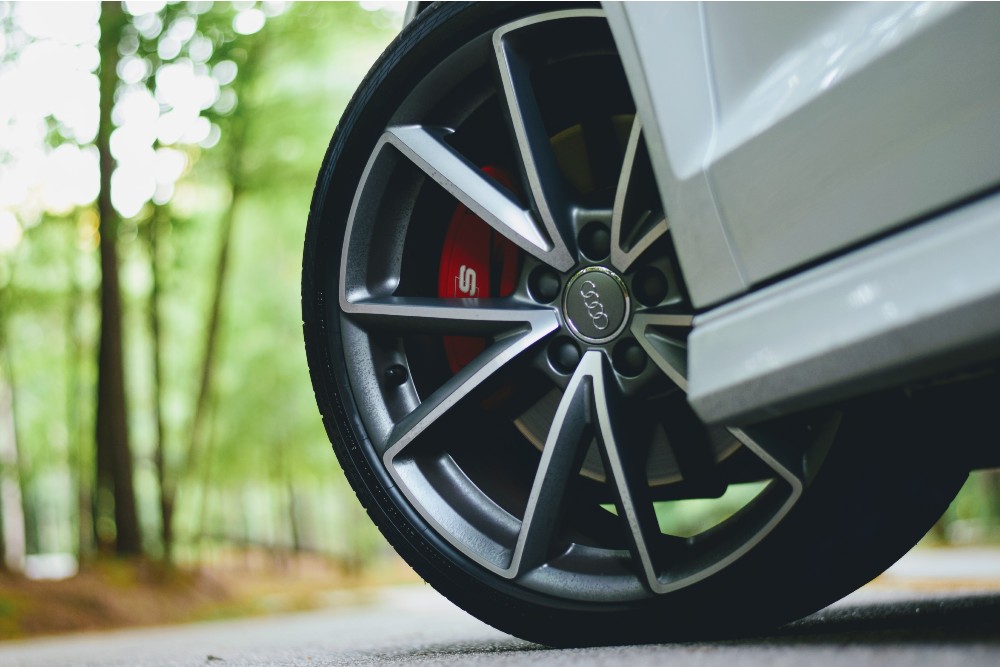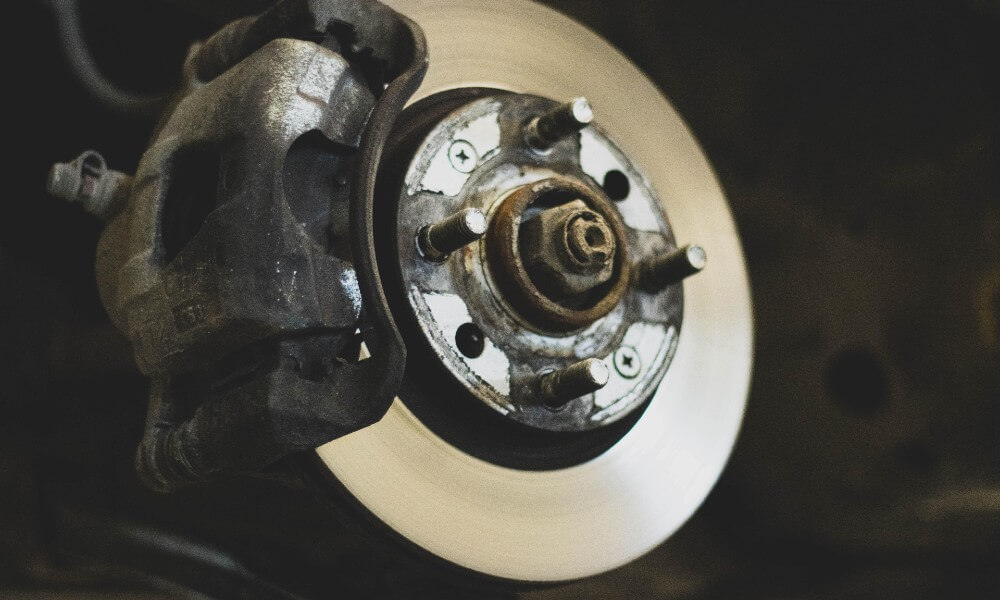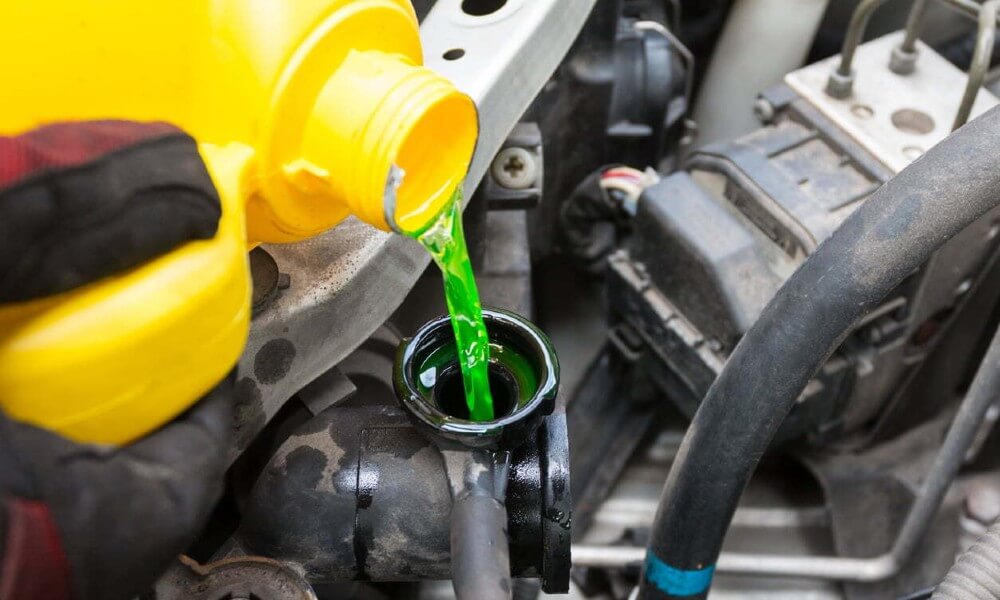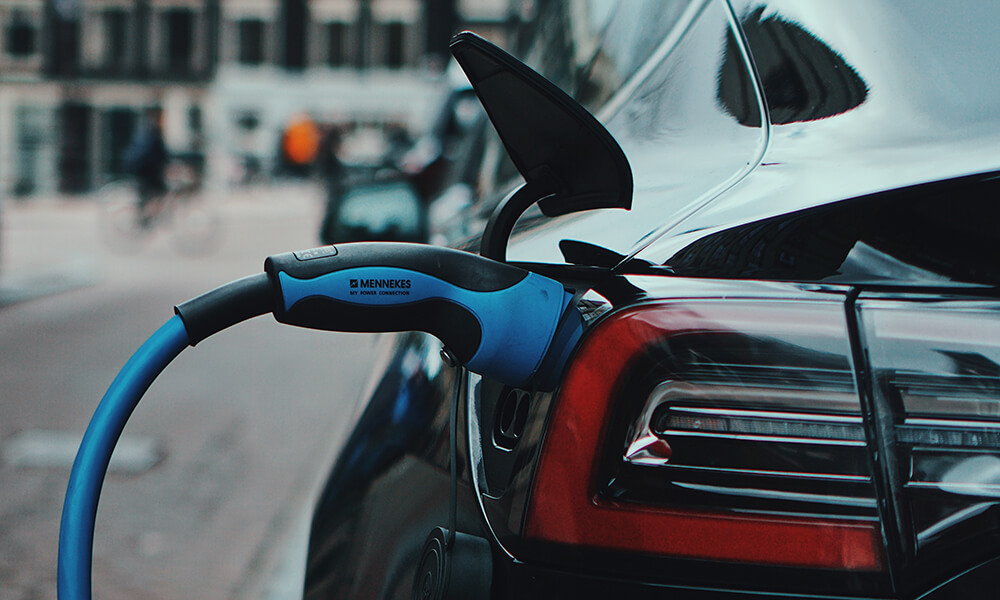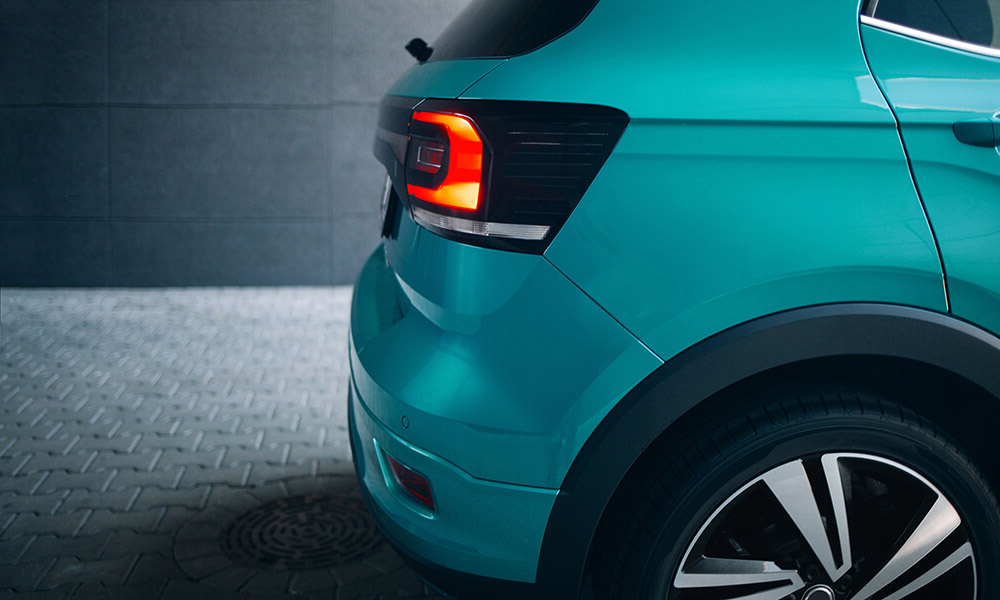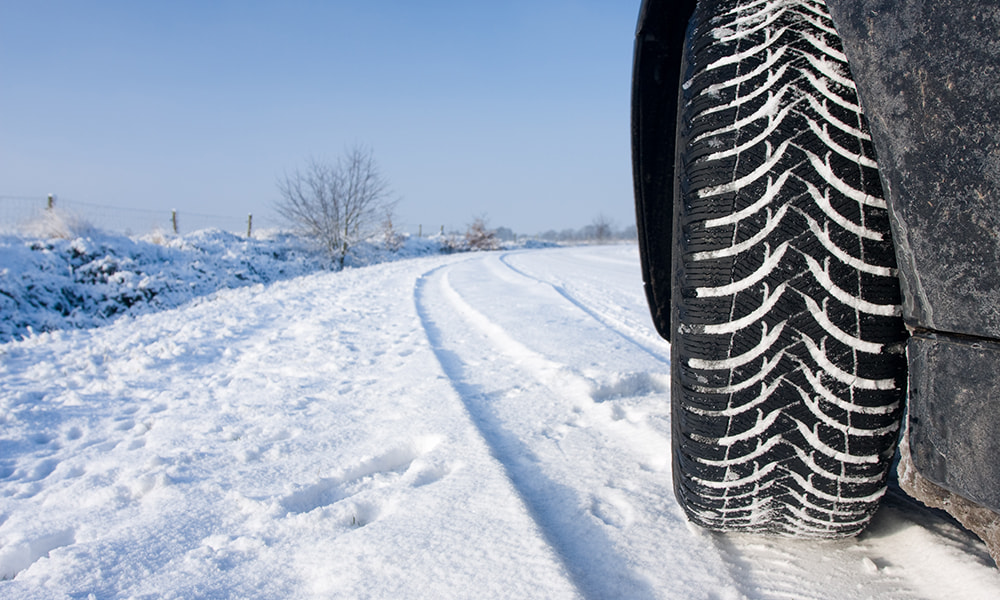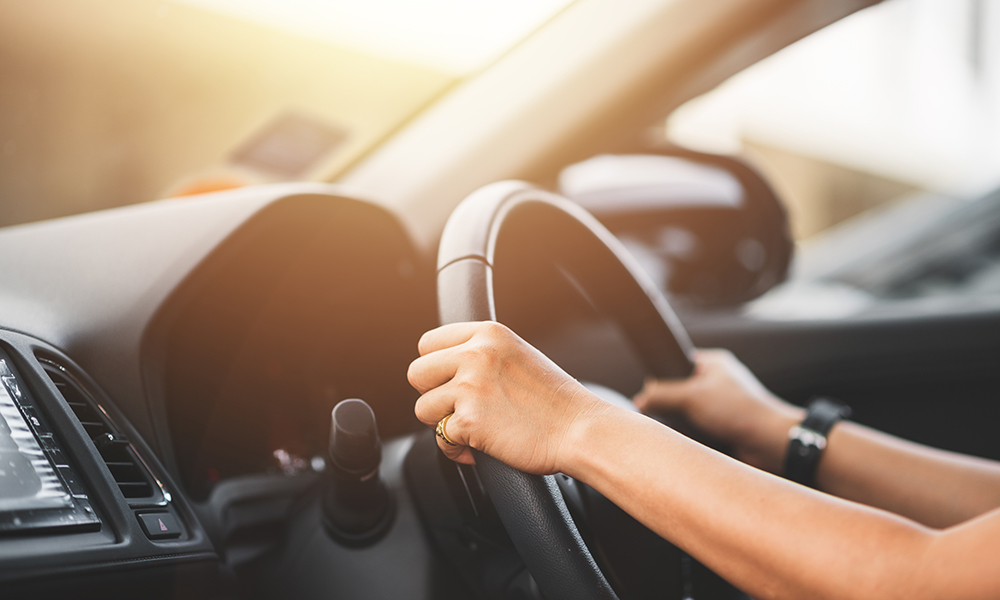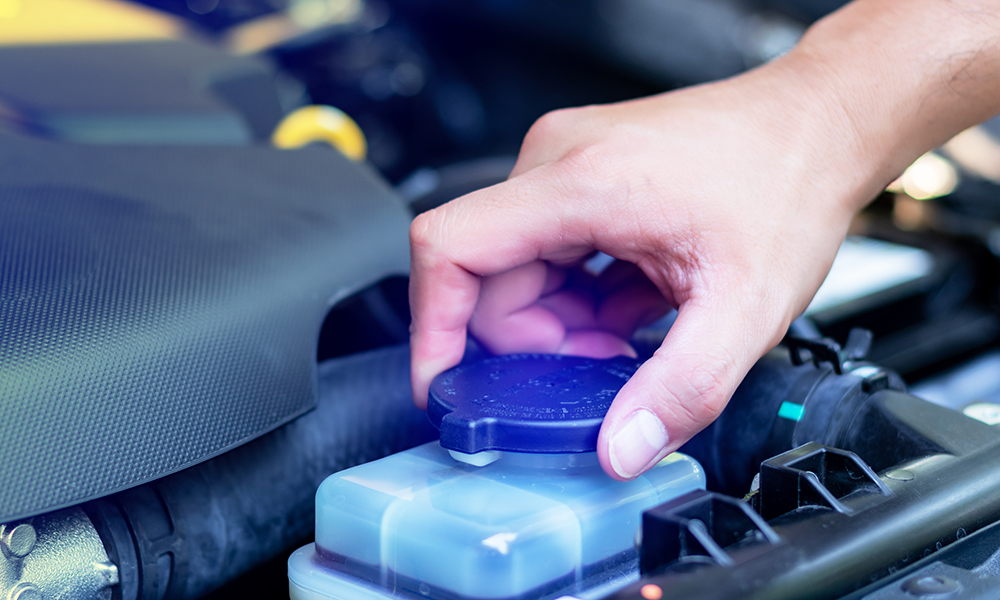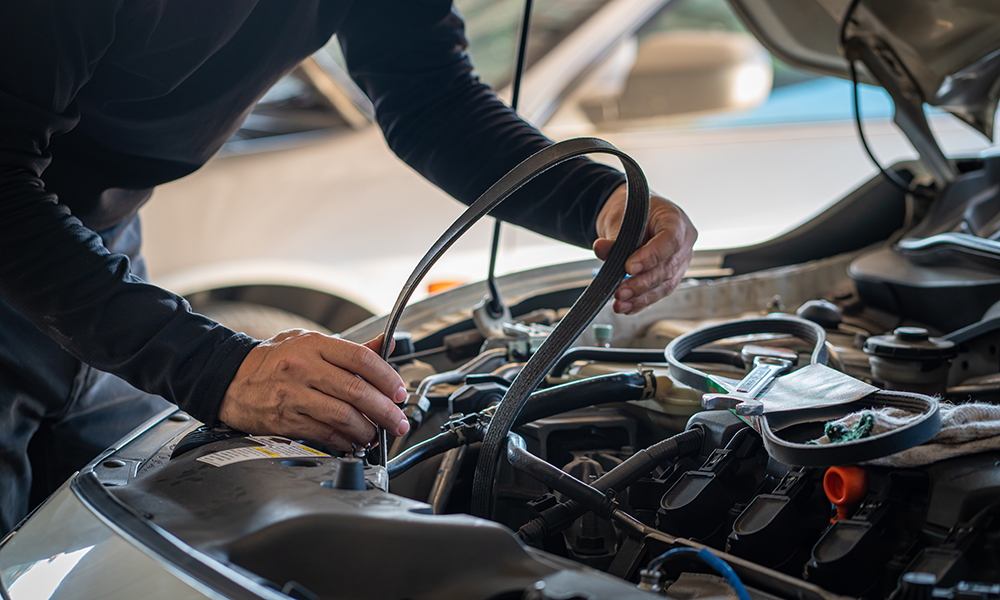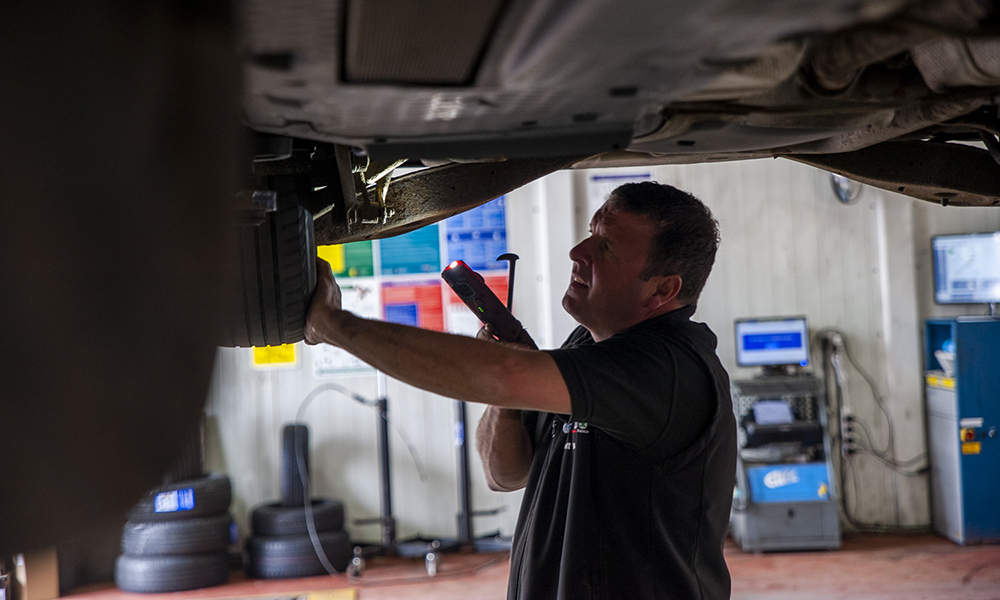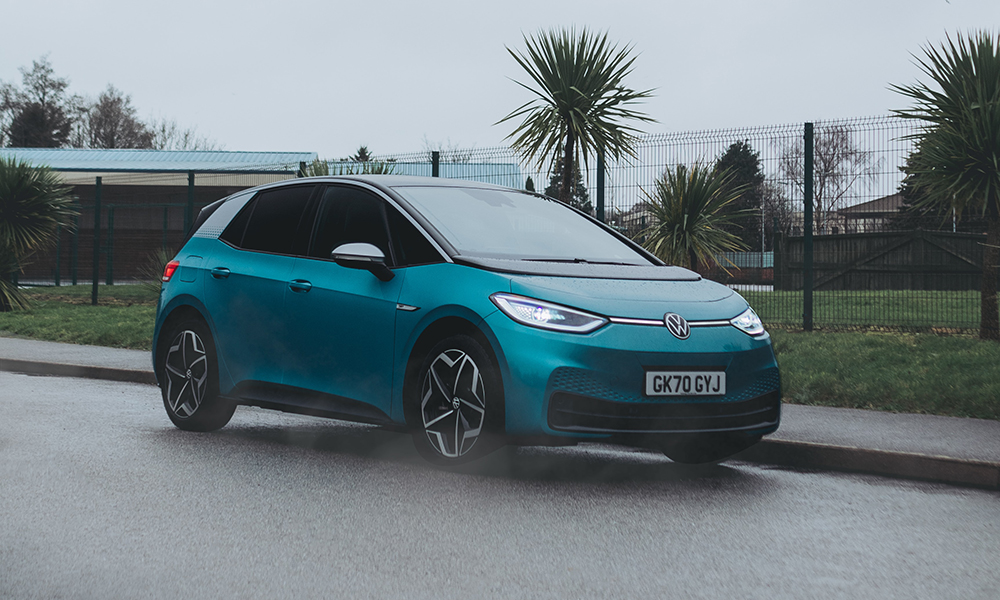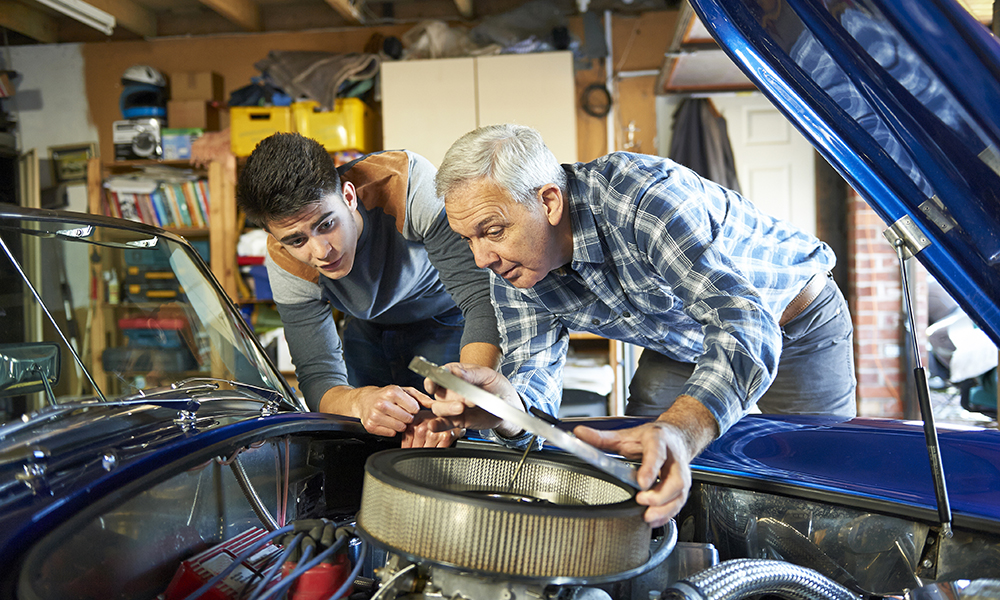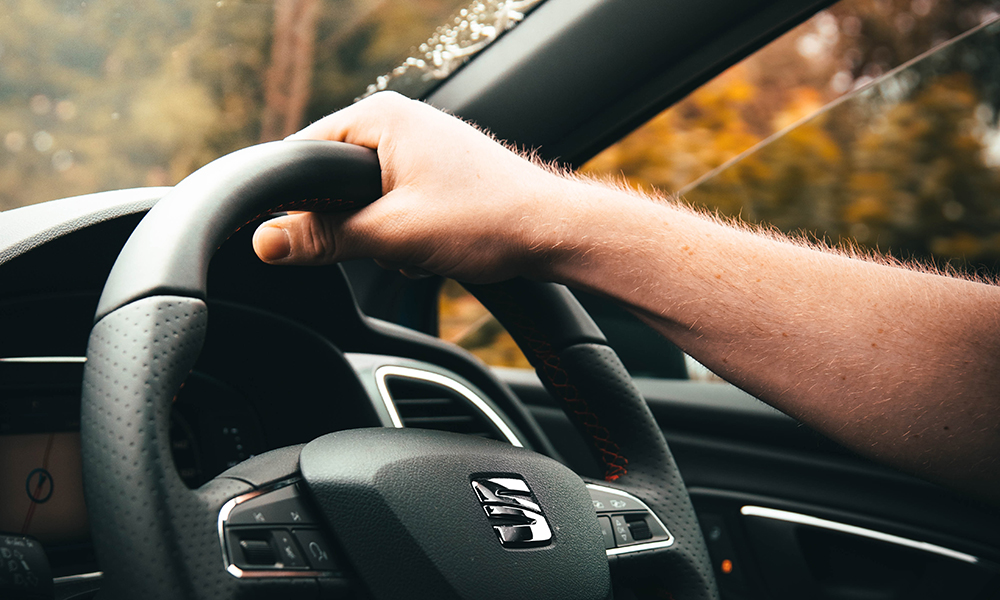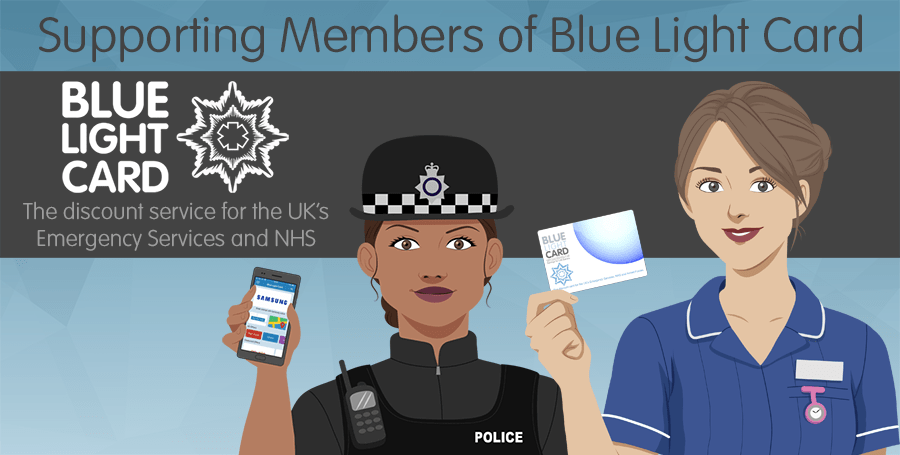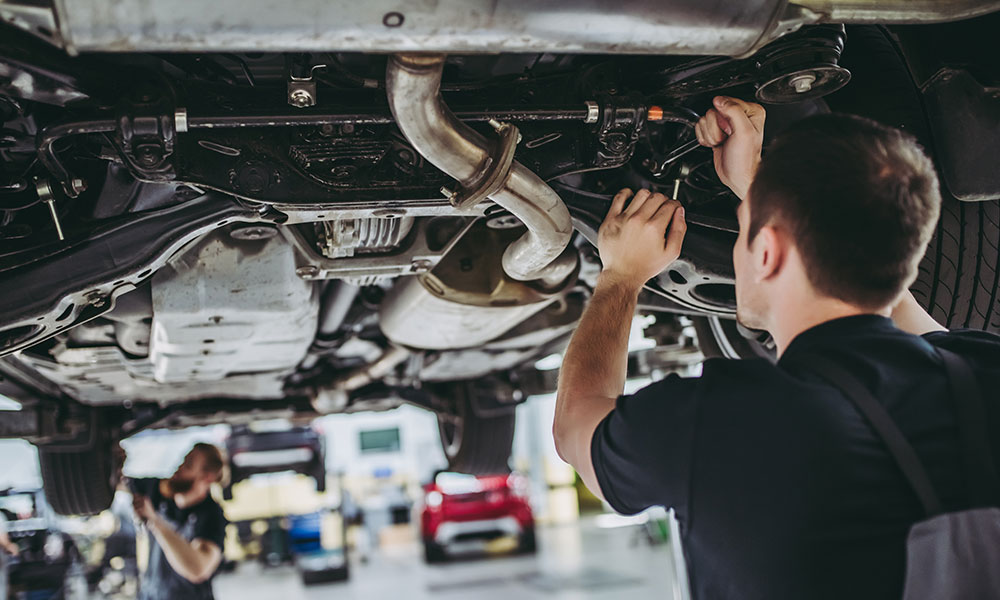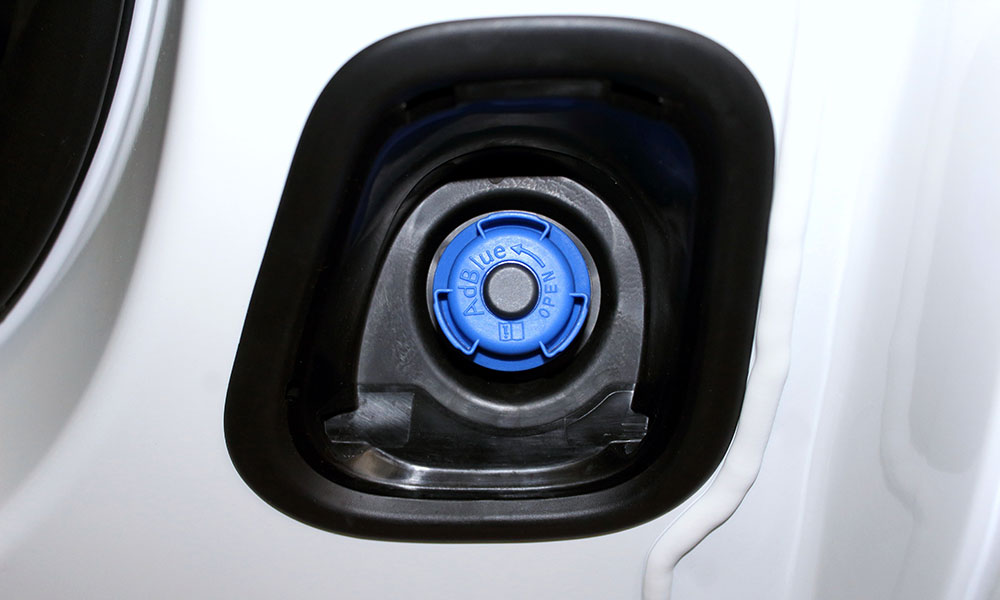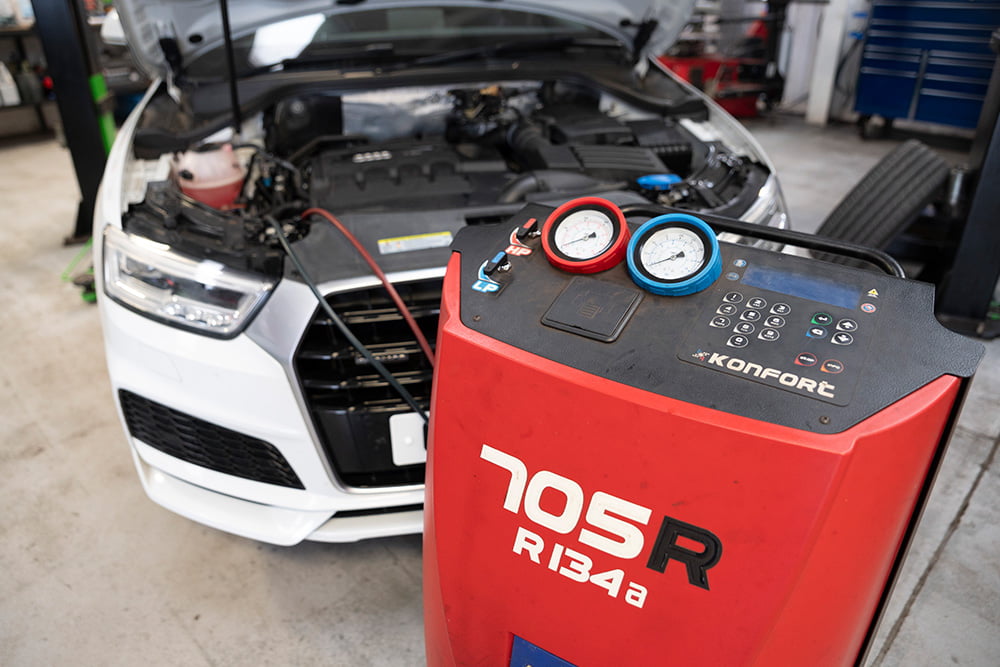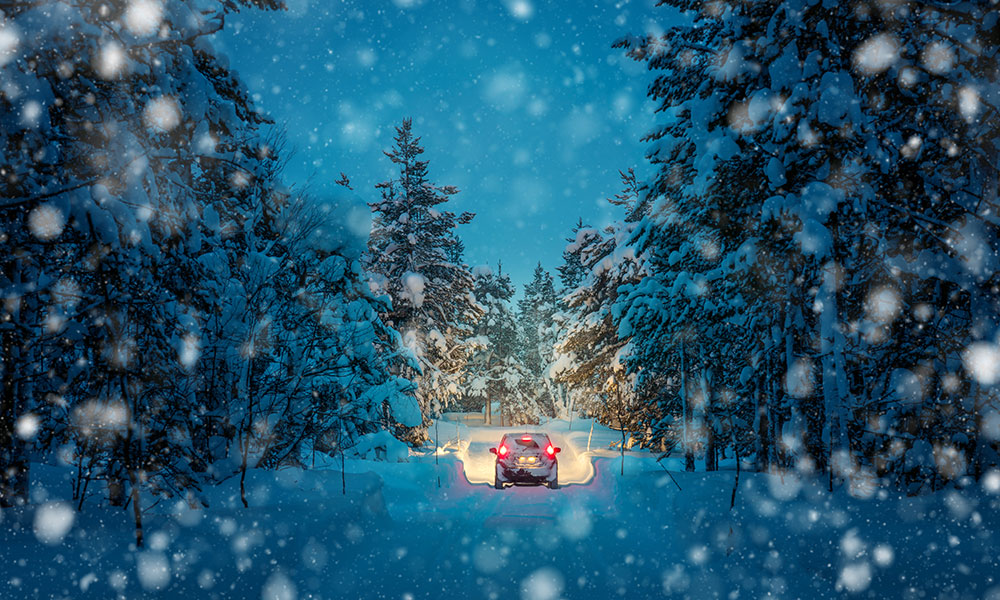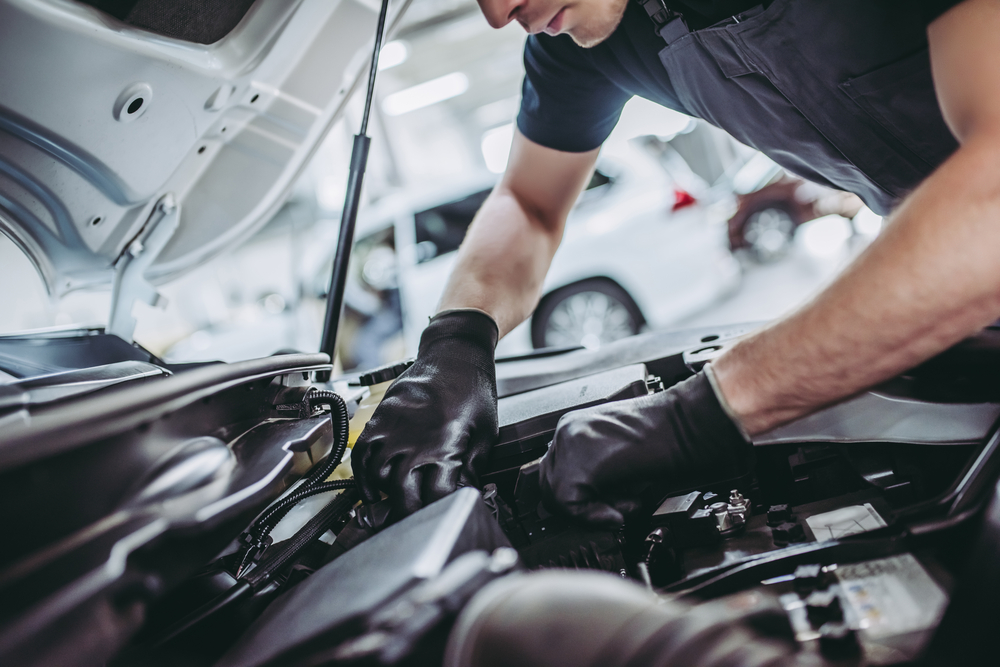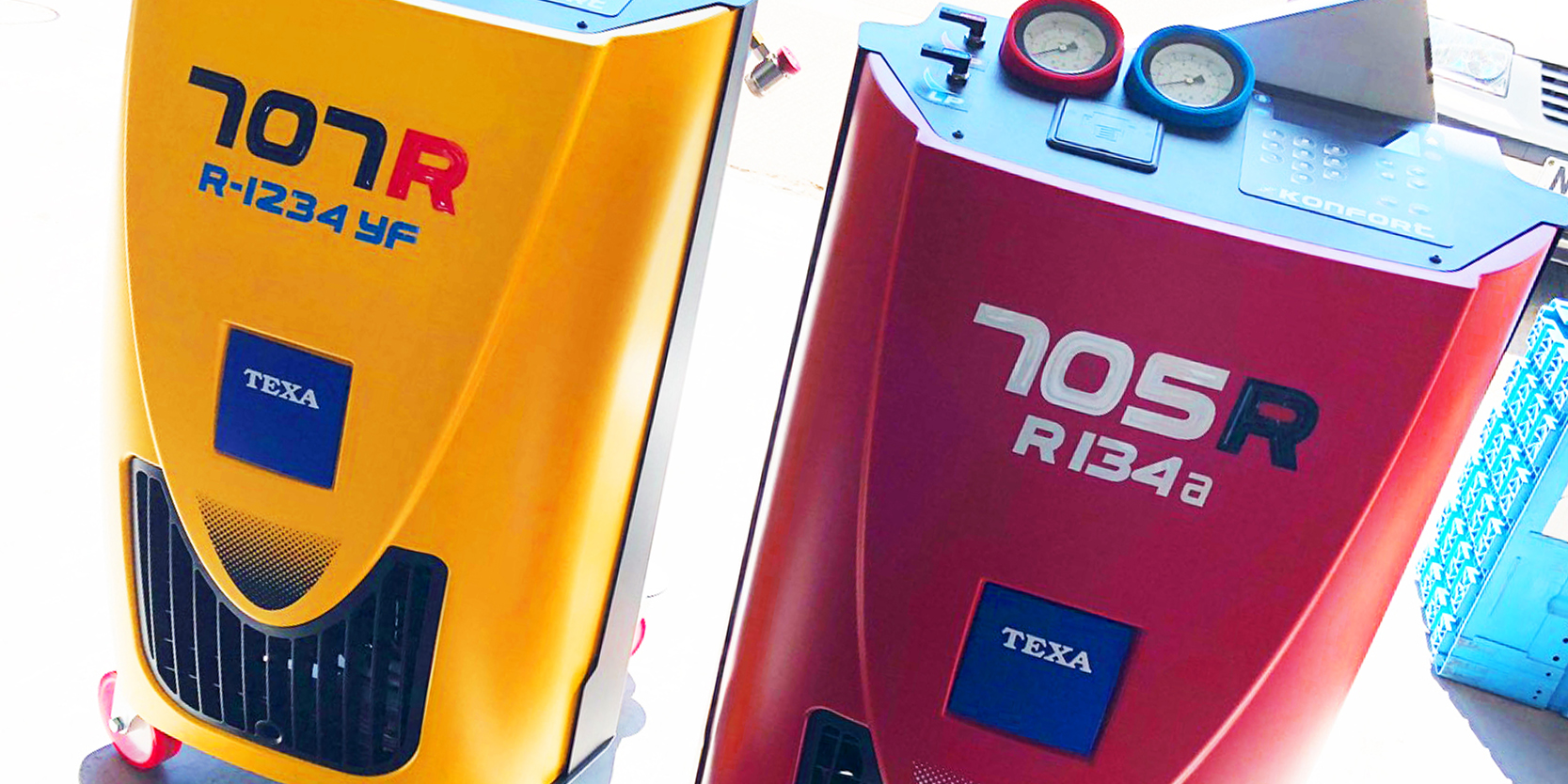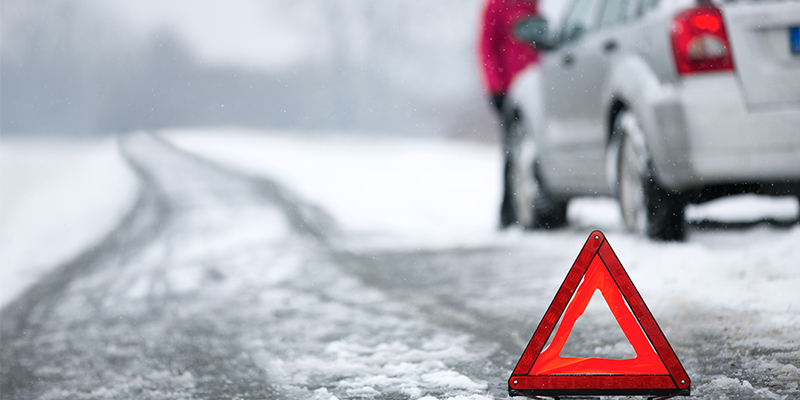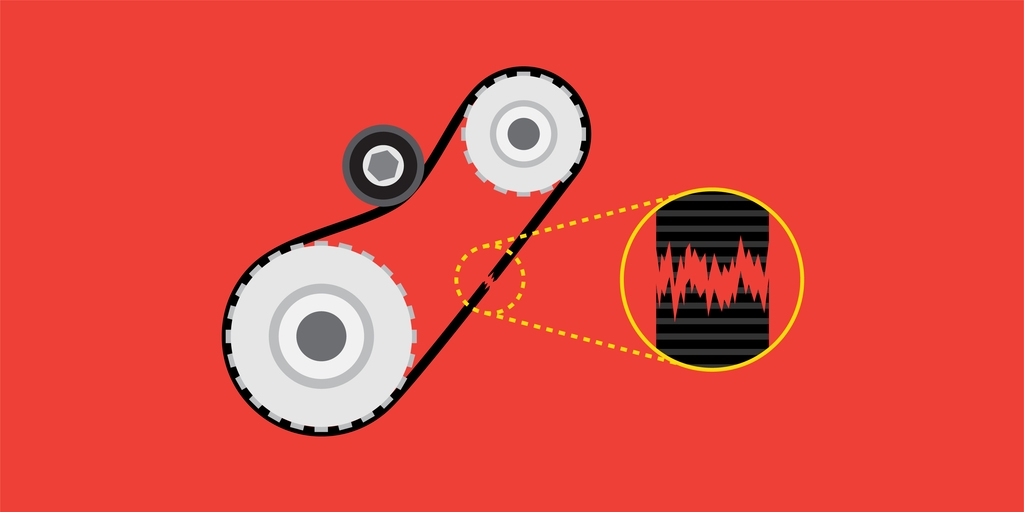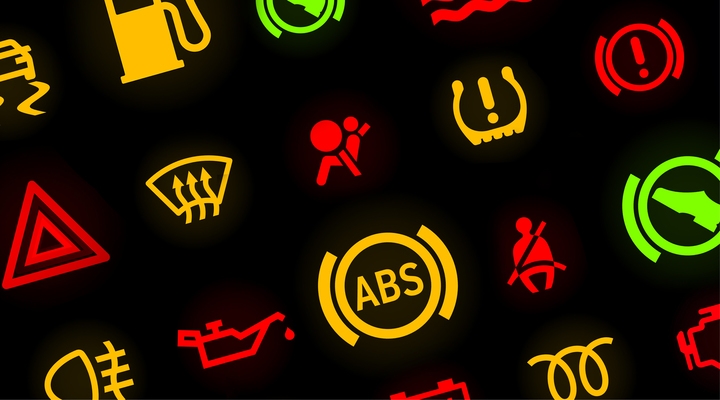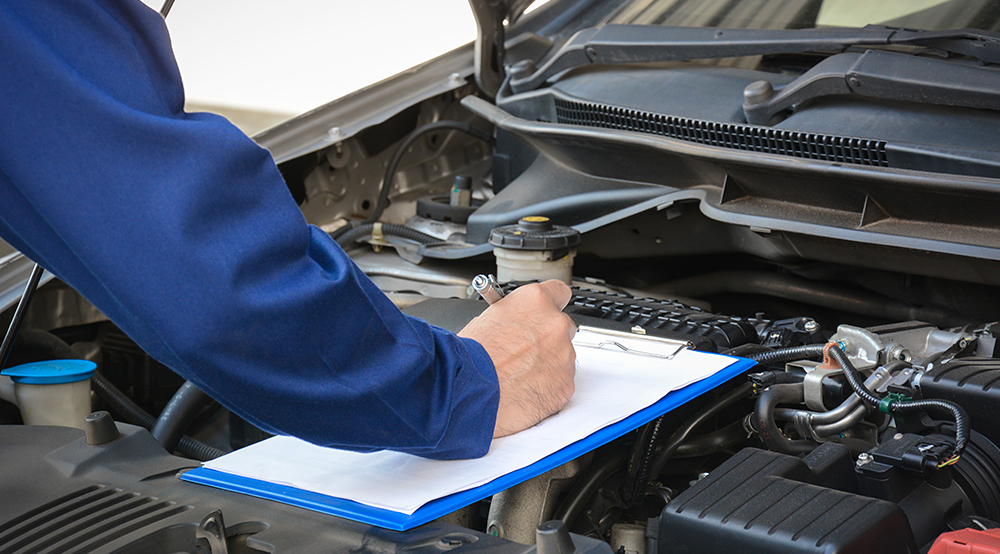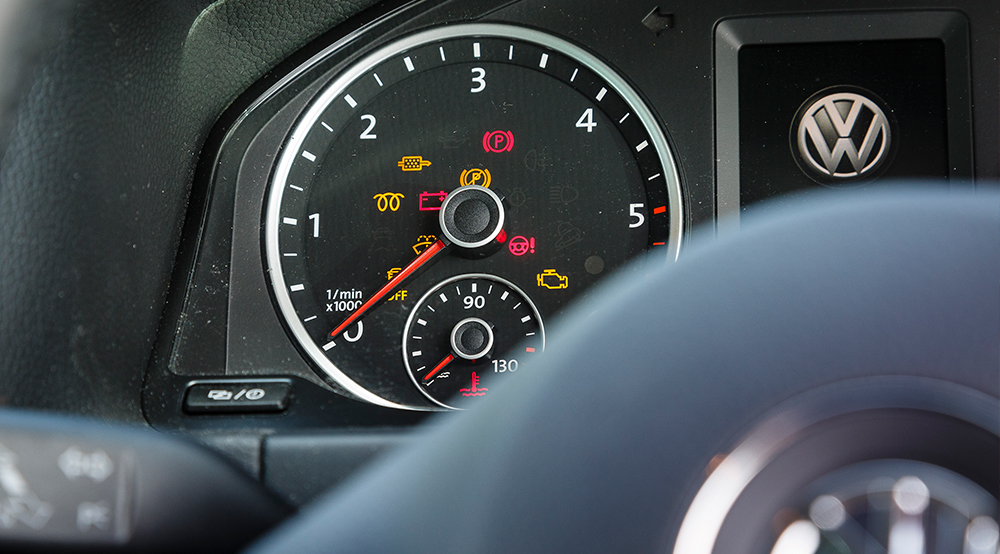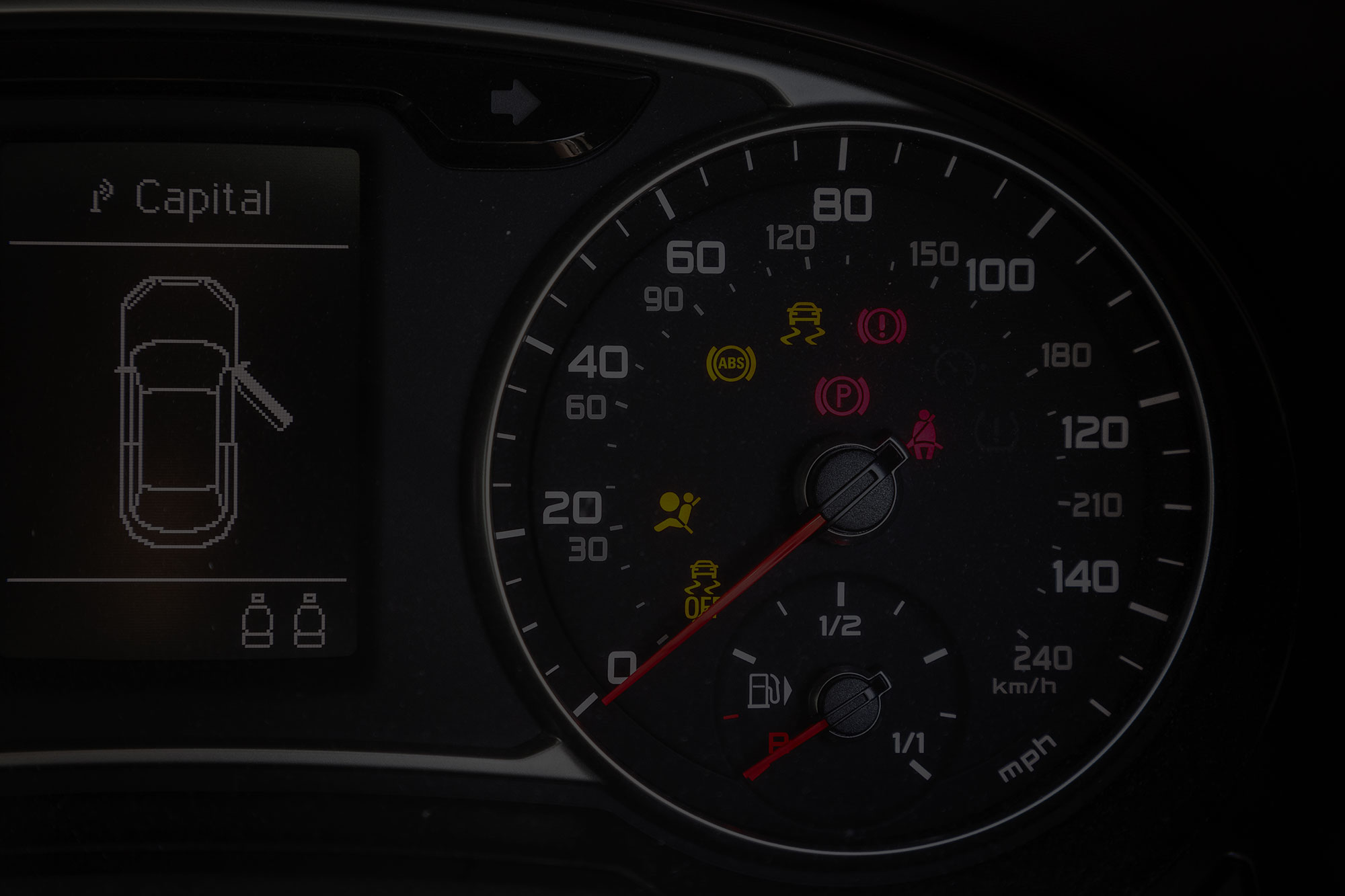Vehicle checks to keep you safe this winter
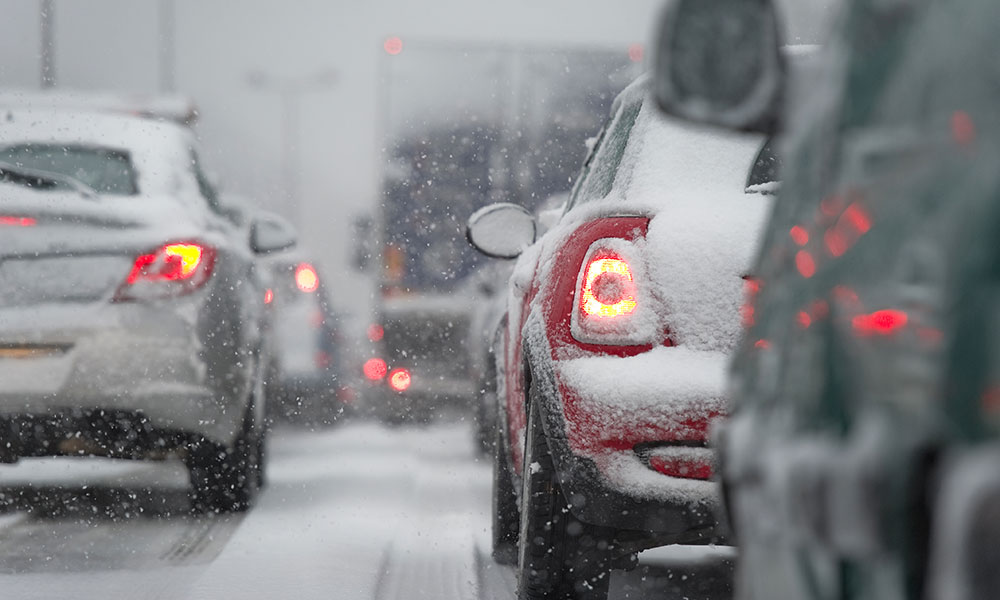
It’s essential your car is in good working condition all year round, but in winter, when the elements are more likely to take a toll on your vehicle than at any other time of the year, it’s crucial that you’re able to periodically check everything is working as it should be.
Similarly, when setting off on long journeys in winter, it’s essential to be sure your vehicle is capable of making the journey safely. With a greater risk of hazards on the road and the winter weather affecting road conditions, making the time for these additional checks can pay off in the long run and prevent you from having to make any unnecessary trips to our Durham garage.
Protect your vehicle from the FORCES of nature
Roadside rescue and insurance specialists, the RAC, recommend using the acronym FORCES as a handy reminder to help you with your winter car checks:
Fuel
Without enough fuel in your engine, you find travelling to the end of your road a difficult journey. With winter weather comes heavier traffic and stop-start driving in queues, often resulting in you using more fuel than you typically would.
Most cars will alert you if you’re running low, but it’s always worth keeping an eye on how full your tank is. With the introduction of E10 fuel, and many drivers noting a drop in their fuel economy, it may be worth keeping a closer eye on your fuel gauge than usual
Oil
Oil is the lifeblood of your engine, keeping it running smooth and providing lubrication to the moving parts and bearings. Without oil, the moving parts of your engine are more likely to rub against each other, causing damage to internal components that will be impossible to undo. Expensive and hard to replace, you can save yourself from a costly and time-consuming headache by checking your oil.
If you’re booking in a service, no matter how big or small, you can expect your oil to be changed regardless. As a rule of thumb, you should have your vehicle serviced every year or every 6,000 miles, whichever comes first.
Rubber
When it comes to evaluating the rubber components of your car in winter, you need to keep an eye on both your tyres and your wiper blades.
Wet and icy conditions put your tyres to the test, and while they need to be functioning as best they can all year round, winter is going to put your tyres through their paces. In Europe and the UK, the minimum legal depth for your tyre tread is 1.6mm, but it isn’t recommended you wait until this point to change your tyres, especially in winter. If your tyres are approaching the 3mm limit, consider getting them replaced to avoid losing your braking power or grip on the road. If you want extra control when on the road, then it might be worth considering winter tyres, something you can read more about here.
If you’re caught with defective or damaged tyres, the police can put three points on your license per tyre, which means you could lose your licence altogether with a full set of poor tyres. Similarly, tyre pressure can fluctuate massively in the colder months meaning you should always try to be aware if your tyres are running differently to how they typically do.
When it rains (which, in all likelihood, will happen on an almost daily basis in winter), you’re going to need windscreen wipers that are up to the job. Generally, it’s recommended that you change your wiper blades every 12 months to ensure they’re working as best they can. If you’re unsure if your wipers are still operating effectively, you can always check by spraying washer fluid onto the screen before cleaning the windscreen. If you run your finger along the length of the blades feeling the rubber, you should be able to feel if it’s perished or split.
Coolant
Much like oil and petrol, coolant is something your car requires to function correctly. It’s something you ought to check regularly, so if the worst should happen and you spring a leak, the drop in fluid levels should be noticeable. As the name suggests, coolant keeps the engine from overheating, something that can happen even on a cold winter’s day! So, when checking your coolant levels, make sure it’s before you’ve set off or long enough after driving that your car’s engine has cooled down to prevent any risks of scalding.
Electrics
One that’s essential for when you’re out on the road, especially with the shorter days that winter brings; your lights, including headlights, indicators and brake lights, should all be in working order to keep not only yourself but everyone else on the road safe too. The average car battery needs replacing every few years or so, which can be included in your car service.
Screen Wash
Crucial for driving on the road, not just checking the rubber on your windscreen wipers; with all the dirt and grit on the roads in winter, your screenwash will be infrequent use. One thing to keep in mind is that you’ll need to make sure your screenwash is mixed with an antifreeze that works to at least -15 degrees celsius; otherwise, you risk ending up with a screen-washcicle.
While these checks are designed to be something every car owner can do, if you’d rather bring your vehicle into our Durham garage, we can give everything a look over to make sure things are running smoothly.
Alternatively, you can always contact our team all year round or book your car into our garage here.


